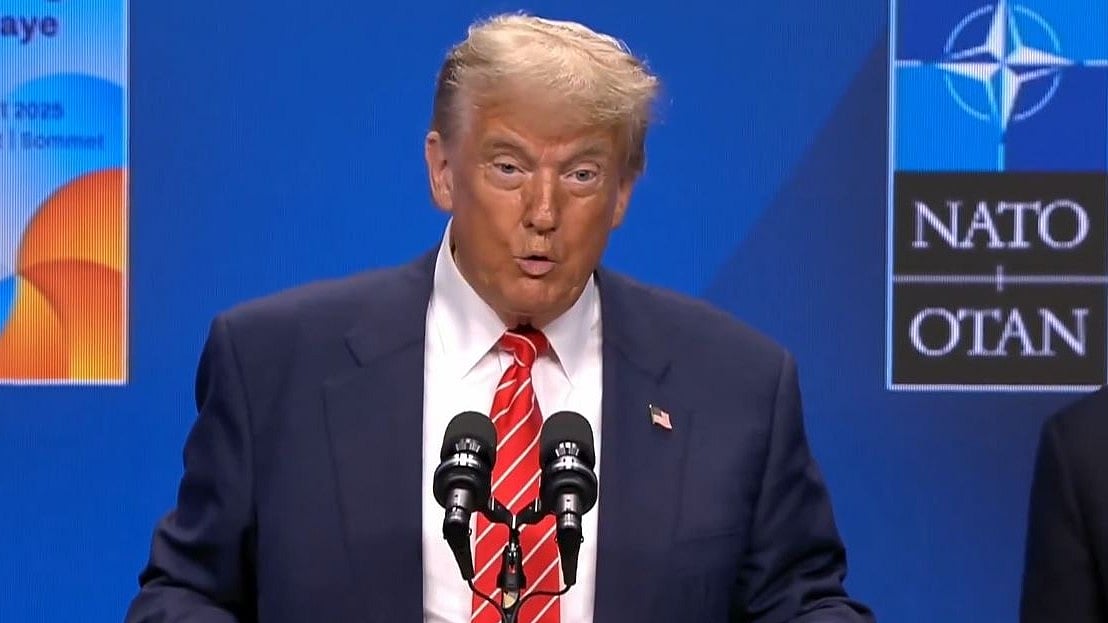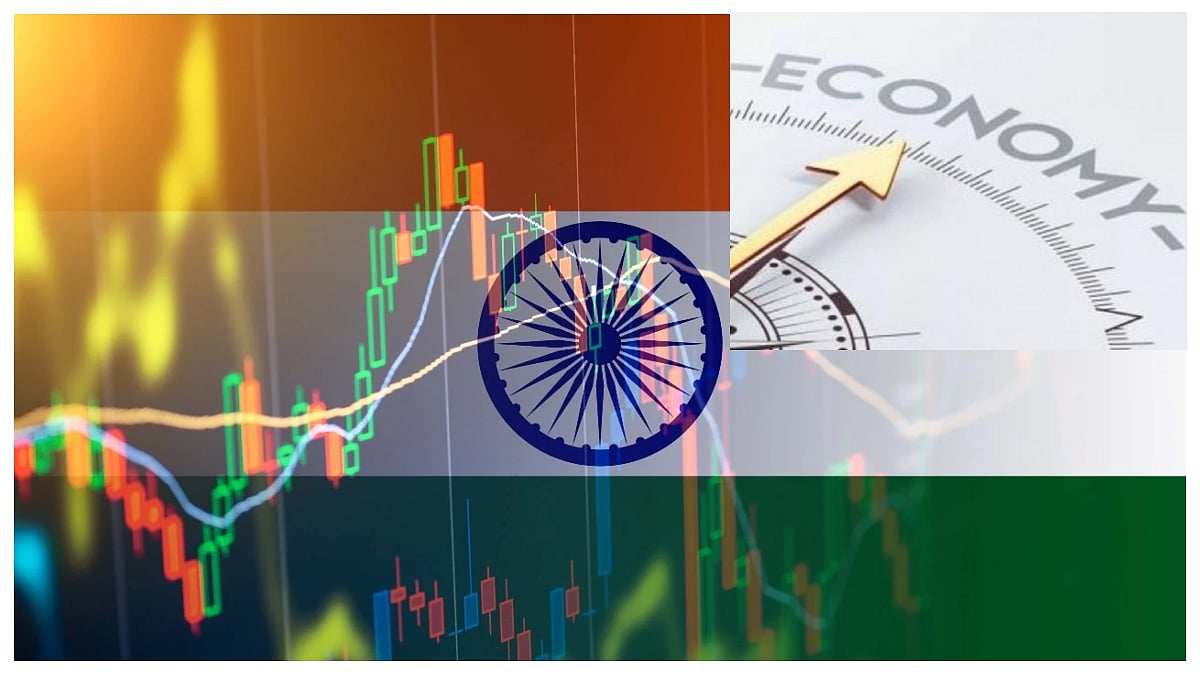On Friday, April 25, the Pakistan Stock Exchange (PSX) website displayed a maintenance message—“We’ll be back soon”—as it went temporarily offline. The move came amid heightened geopolitical tensions and market volatility, raising questions among investors about the exchange's stability and digital infrastructure.
Market Crashes as Regional Tensions Rise
In just the first five minutes of Thursday trading, the benchmark KSE-100 index fell by 2.12 percent, or 2,485.85 points, dropping to 114,740.29. This sharp decline followed another steep fall on Wednesday, as markets reacted to mounting fears over a regional crisis following a deadly terrorist attack on Indian tourists in Pahalgam.
The attack has significantly worsened diplomatic relations between India and Pakistan, sparking fears of escalation and prompting panic selling across sectors.

India Responds with Diplomatic and Economic Retaliation
In a stern response, India’s Ministry of External Affairs announced the suspension of the Indus Waters Treaty, closure of trade through the Wagah-Attari border, and withdrawal of visa exemptions under the SAARC framework. India also expelled Pakistani military diplomats and suspended visa services, signaling a firm shift in policy.
Indian officials described the actions as “calibrated but firm,” designed to deliver strategic, political, and symbolic consequences for Islamabad. The message was clear: passive responses to cross-border terrorism are no longer viable.
Economic Strains Compound the Crisis
Investor anxiety has been exacerbated by economic headwinds. The IMF recently slashed Pakistan’s GDP growth forecast to 2.6 per cent for the fiscal year, and Fitch Ratings raised alarms over currency depreciation, political instability, and rising security threats, particularly in Kashmir.
These developments have further dented market confidence, leaving Pakistan’s financial system vulnerable at a time when it faces both external and internal pressures.











